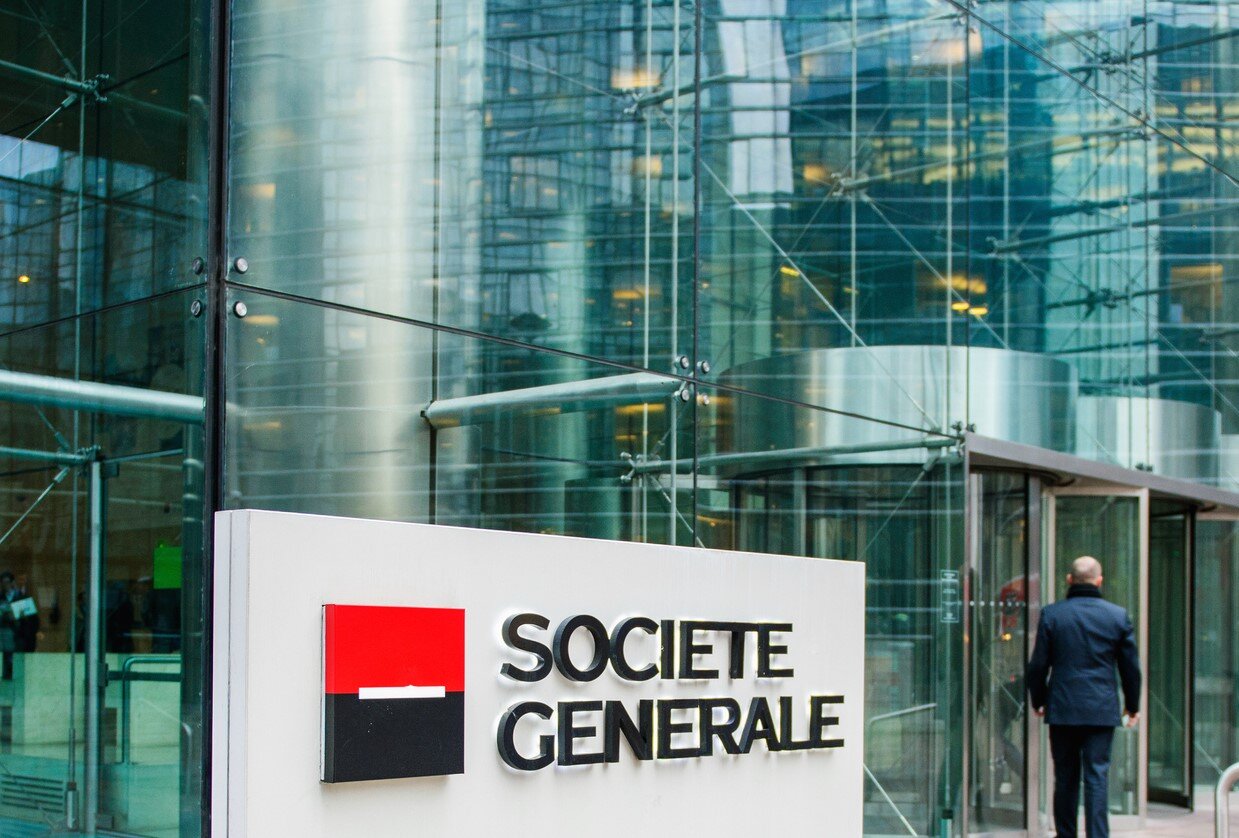Societe Generale And BNP Paribas File Motion To Dismiss In Libertad Act Lawsuit- "Frustration Of Purpose Theory" Fails
/SUCESORES DE DON CARLOS NUNEZ Y DONA PURA GALVEZ, INC., BDA BANO NUNEZ V. SOCIÉTÉ GÉNÉRALE, S.A., D/B/A SG AMERICAS, INC.; THE BANK OF NOVA SCOTIA, D/B/A SCOTIA HOLDINGS (US) INC., A/K/A THE BANK OF NOVA SCOTIA, MIAMI AGENCY; THE NATIONAL BANK OF CANADA, D/B/A NATIONAL BANK OF CANADA FINANCIAL GROUP, INC.; AND BANCO BILBAO VIZCAYA ARGENTARIA, S.A., D/B/A BBVA, USA., [1:19-cv-22842; Southern Florida District]. NOTE: Case transferred to New York Southern District On 2 February 2020 [1:20-cv-00851]. Defendants Currently Societe General, S.A. and BNP Paribas, S.A.
Kozyak Tropin & Throckmorton, LLP (plaintiff)
Law Offices Of Paul Sack P.A. (plaintiff)
MoloLamken LLC (plaintiff)
Mayer Brown LLP (defendant)
ReedSmith LLP (defendant)
Astigarraga Davis Mullins & Grossman (defendant)
LINKS To:
Notice of Defendants’ Motion To Dismiss (10/2/2020)
Declaration Of Alex C. Lakatos
Excerpts From Motion To Dismiss
The SAC contains no well-pleaded allegations that the Defendants in the action, Société Générale (“SG”) and BNP Paribas (“BNPP”), actually trafficked in any of the confiscated property. Rather, Plaintiffs claim that Defendants’ deferred prosecution agreement (“DPA”) and guilty plea (respectively) in connection with U.S. sanctions on Cuba reflect “conduct [that] includes engaging in commercial activity with BNC,” id. ¶ 39, which Plaintiffs maintain is sufficient to support Helms-Burton liability. Expounding on this theory, Plaintiffs argue that Defendants should be liable not because their alleged transactions with BNC made use of particular confiscated assets, but instead because BNC’s ownership of “confiscated property made BNC a more stable, less risky, and more desirable counterparty.”
Finally, the fact that the property at issue was confiscated from Cuban nationals is yet another reason that Title III relief is unavailable here. As numerous courts have recognized, Helms-Burton requires that a plaintiff allege a legally valid “claim” to the confiscated asset. The language, history, and structure of the Act show that such a claim must be valid as a matter of international law. But Cuba confiscated the Banco Nuñez assets from its own nationals—and it is long settled that international law does not recognize a claim for such purely “domestic” takings.
Third, the Individual Plaintiffs lack standing to bring Count II, which they assert “to the extent Sucesores” cannot bring Count I. As the Individual Plaintiffs acknowledge, they assigned any Banco Nuñez claims they purported to hold to Sucesores. Consequently, they lack standing to bring Count II as a contingent claim or otherwise. Nor can the Individual Plaintiffs cure this defect by invoking a “frustration of purpose” theory (or any other theory) to void the Stockholders Agreement, because a party that lacks standing, such as the Individual Plaintiffs, cannot request any relief from the Court. The Individual Plaintiffs, by asking the Court to issue a ruling on substantive contractual matters that they hope would redress their lack of standing, have put the cart before the horse. In any event, for the reasons discussed below, the Individual Plaintiffs’ “frustration of purpose” theory fails as a matter of law.



